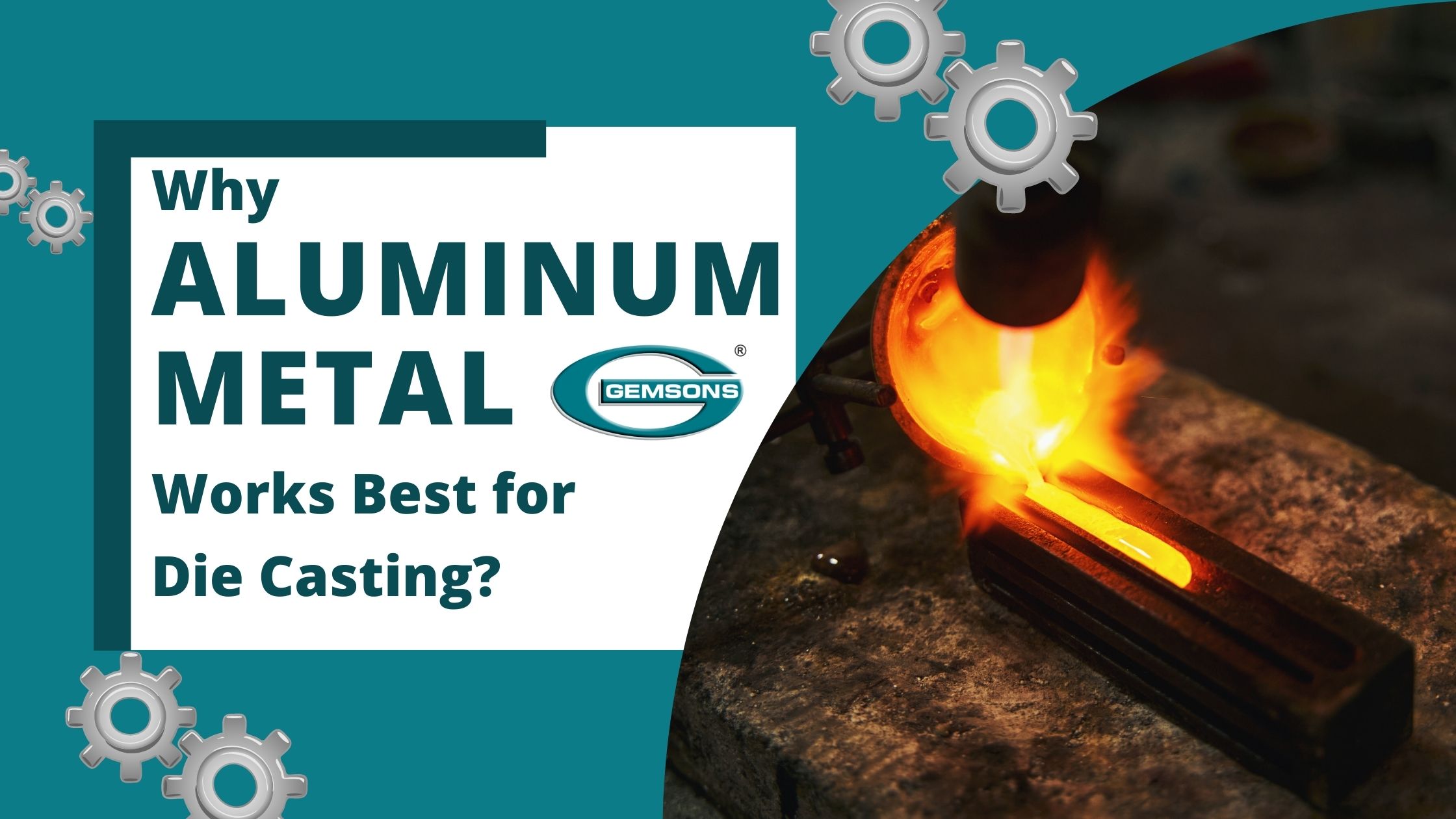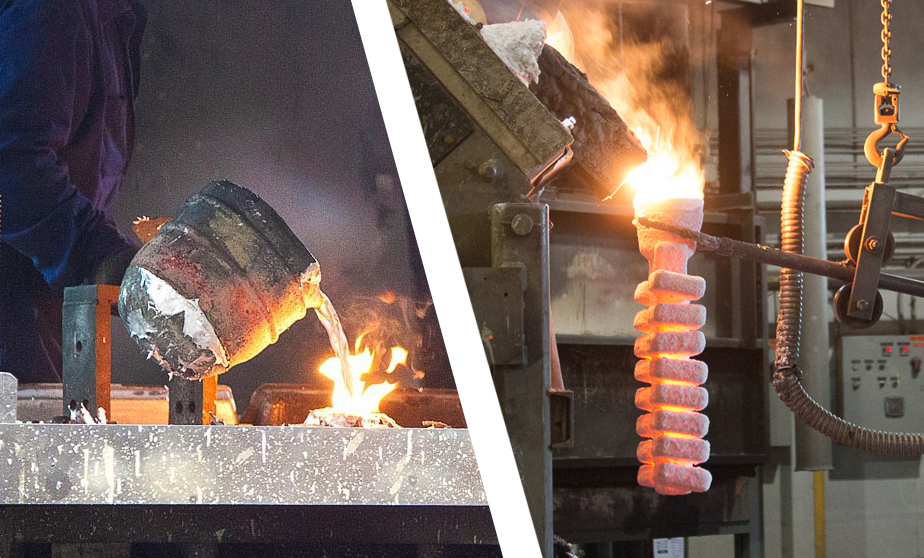The Single Strategy To Use For Alcast Company
The Single Strategy To Use For Alcast Company
Blog Article
The smart Trick of Alcast Company That Nobody is Discussing
Table of ContentsHow Alcast Company can Save You Time, Stress, and Money.The Facts About Alcast Company UncoveredThe 9-Minute Rule for Alcast CompanyThe smart Trick of Alcast Company That Nobody is DiscussingGetting My Alcast Company To WorkRumored Buzz on Alcast Company
The refined distinction exists in the chemical web content. Chemical Comparison of Cast Aluminum Alloys Silicon promotes castability by lowering the alloy's melting temperature and enhancing fluidness during spreading. It plays a vital duty in allowing detailed mold and mildews to be loaded accurately. Furthermore, silicon adds to the alloy's stamina and use resistance, making it valuable in applications where durability is essential, such as auto parts and engine elements.It also improves the machinability of the alloy, making it easier to process right into finished products. This way, iron adds to the general workability of light weight aluminum alloys. Copper boosts electric conductivity, making it advantageous in electric applications. It likewise improves corrosion resistance and includes to the alloy's total stamina.
Manganese adds to the strength of aluminum alloys and improves workability. Magnesium is a lightweight aspect that provides toughness and influence resistance to aluminum alloys.
The Buzz on Alcast Company
Zinc improves the castability of aluminum alloys and helps control the solidification process throughout casting. It enhances the alloy's toughness and hardness.

The main thermal conductivity, tensile stamina, yield stamina, and prolongation differ. Select ideal basic materials according to the performance of the target item generated. Among the above alloys, A356 has the highest possible thermal conductivity, and A380 and ADC12 have the cheapest. The tensile limitation is the contrary. A360 has the most effective return strength and the highest elongation price.
Our Alcast Company Ideas

In accuracy spreading, 6063 is well-suited for applications where detailed geometries and top notch surface finishes are paramount. Instances consist of telecommunication enclosures, where the alloy's premium formability enables streamlined and aesthetically pleasing styles while keeping structural stability. In a similar way, in the Lights Solutions industry, precision-cast 6063 elements produce sophisticated and efficient lighting fixtures that need complex forms and good thermal efficiency.
The A360 exhibits superior prolongation, making it suitable for facility and thin-walled elements. In accuracy spreading applications, A360 is fit for sectors such as Customer Electronics, Telecommunication, and Power Tools.
More About Alcast Company
Its distinct properties make A360 a valuable option for accuracy spreading in these sectors, boosting item resilience and high quality. Aluminum Casting. Aluminum alloy 380, or A380, is a commonly utilized casting alloy with a number of distinct features.
In precision casting, aluminum 413 shines in the Consumer Electronic Devices and Power Equipment industries. It's typically used to craft complex components like smartphone housings, cam bodies, and power device coverings. Its accuracy is exceptional, with tight tolerances up to 0.01 mm, guaranteeing flawless item setting up. This alloy's premium deterioration resistance makes it an outstanding choice for exterior applications, making sure resilient, durable items in the pointed out markets.
The Alcast Company Statements
The light weight aluminum alloy you pick will substantially impact both the casting process and the buildings of the final product. Since of this, you need to make your decision very carefully and take an enlightened strategy.
Determining the most appropriate aluminum alloy for your application will imply considering a wide array of qualities. These comparative alloy attributes comply with the North American Die Casting Association's guidelines, and we've divided them into 2 groups. The initial group addresses alloy attributes that influence the production process. The second covers qualities impacting the properties of the end product.
How Alcast Company can Save You Time, Stress, and Money.
The alloy you select for die spreading directly impacts several facets of the casting procedure, like how very easy the alloy is to work with and if it is vulnerable to casting problems. Warm splitting, also recognized as solidification breaking, is a regular die casting problem for light weight aluminum alloys that can result in internal or surface-level rips or fractures.
Particular light weight aluminum alloys are more vulnerable to warm fracturing than others, and your selection must consider this. It can harm both the actors and the die, so you should look for alloys with high anti-soldering homes.
Deterioration resistance, which is currently a significant feature of light weight aluminum, can vary considerably from alloy to alloy and is a necessary characteristic to consider depending on the ecological problems your item will be exposed to (Casting Foundry). Wear resistance is one more property commonly looked for in light weight aluminum items and can set apart some alloys
Report this page